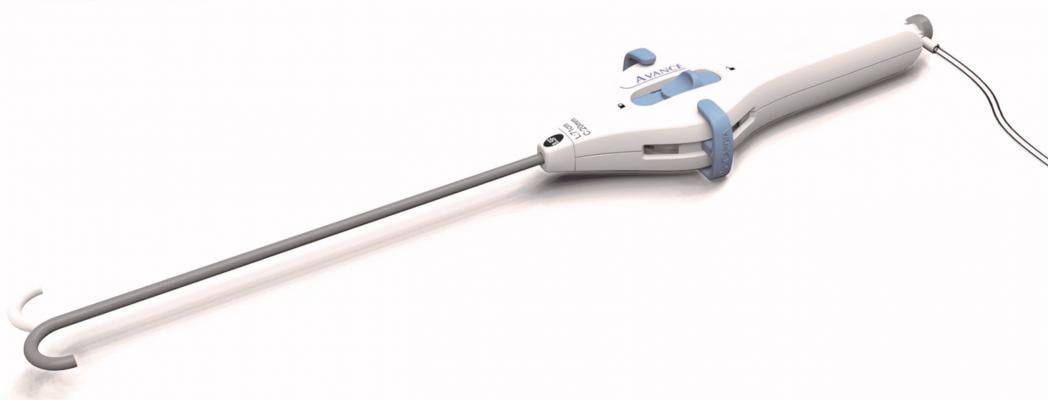
October 23, 2019 — BioCardia announced the U.S. commercial availability of its Avance Bi-Directional Steerable Introducer Sheath for introducing various cardiovascular catheters into the heart, including via the left side of the heart through the interatrial septum. The product became available in late September.
An introducer sheath is routinely used by electrophysiologists (EPs) and interventional cardiologists (ICs) to facilitate complex conditions such as atrial fibrillation and structural heart procedures. The Avance device addresses the shortcomings of currently available steerable introducers with its Morph DNA technology, creating a high-performance steerable introducer for superior control during complex procedures.
The Avance catheter is designed to have uniform bending characteristics in all directions by having the two tendon wires wrap helically around the catheter shaft, like the double helix in DNA. The uniform bending characteristics where critically important are intended to reduce what EPs and ICs refer to as “whip” in catheter navigation, where the catheter jumps to a new location in an uncontrolled fashion.
The product is designed with a smooth tip-to-dilator transition, which promotes ease of entry into the left atrium during transseptal access. Deflections of 180 degrees in both directions are designed to provide increased steerability, which may improve access to hard-to-reach sites.
The Avance device was recently used on a patient at John F. Kennedy Hospital (JFK) in West Palm Beach, Fla.
“One of our overall goals is to enhance procedural control by improving products used during procedures,” said Robert Fishel, M.D., director of electrophysiology at JFK. “The Avance product performed well in our hands and we found it competitive.”
The Avance device will have a limited launch while the company seeks feedback from EPs and ICs on real-world use and explores options for manufacturing at scale.
Procedures that leverage transseptal delivery include atrial fibrillation ablation, patent foramen ovale (PFO) and atrial septal defect (ASD) repair, percutaneous mitral valve repair, left atrial appendage closure and percutaneous left ventricular assist device placement, among others. The global transseptal access systems market value is currently estimated at $490 million and is expected to increase at a compound annual growth rate (CAGR) of 10.4 percent from 2017 to 2024.1
For more information: www.biocardia.com


 November 14, 2025
November 14, 2025 









